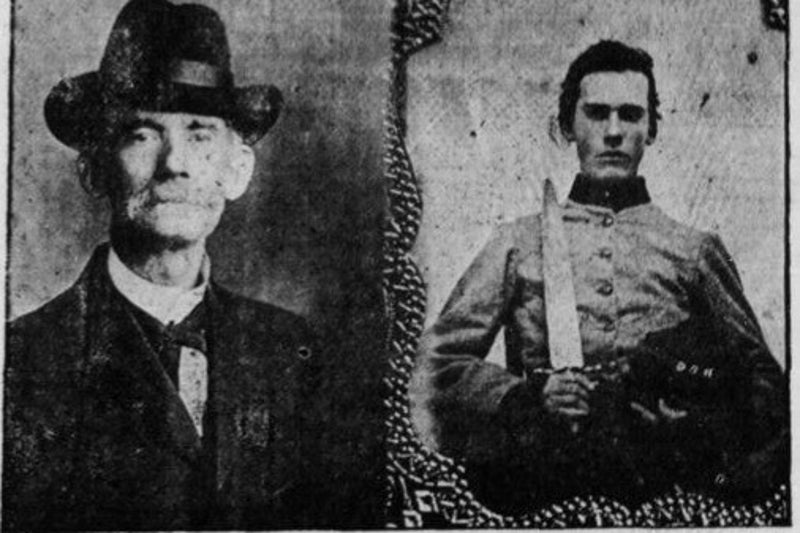Union Prison Memoir
In the final, frayed threads of that great and ruinous war, when the South lay gasping under the heel of its own unraveling, Dr. John Webb Lee, sire of Lynda Lee Bryan, was seized by the rough grasp of the enemy. His liberty was bartered for the cold ash of captivity, a prisoner not just of men but of a nation’s fractured soul.
When the chains at last fell away, he carried the weight of those shadowed years, not in scars upon his flesh but in the deep furrows of his spirit. He poured forth a memoir, its pages trembling with the anguish of a man and a land rent asunder, each line a lament for what had been and what could never be mended.
His daughter, Lynda, born of that enduring blood, bore the Bryan name like a tattered banner, its weave stitched with the joys and sorrows of ancestors who had toiled under the Georgia sun. Until that fateful year of 1954, she held fast to the old plantation—its fields scarred by the plow, its halls echoing with the whispers of those who had lived and labored there.
But in that year, the ancestral ground slipped from her grasp, as if the earth itself had grown weary of holding fast to memory. That plantation, rooted deep in the earth of Houston County, passed out of the family’s keeping, leaving only the faint, mournful hum of a lineage that had weathered storm and sorrow.
Now it fades into the long, unyielding shadow of time’s relentless march, a whisper of what once was, carried off by the wind.
